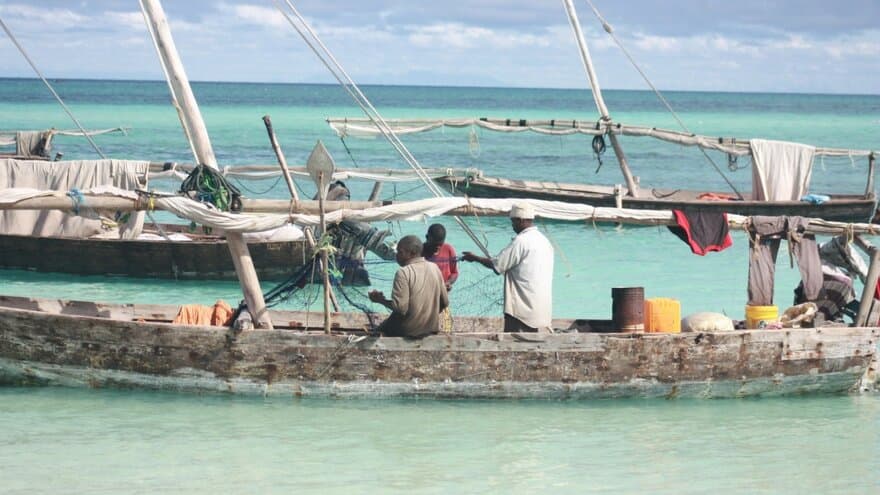- Develop new theoretical insights and knowledge in the field of environmental governance with particular focus on climate, biodiversity and protected areas and water governance
- Publish theoretical, empirical and applied contributions of an international quality in order to assist organizations and government agencies in dealing with issues of environmental governance
- Create and maintain an international network of researchers devoted to a joint effort of producing high quality research on these issuesThe cluster's ambition is to develop improved understanding of governance architectures and power relations at global, national and local levels.
- Biodiversity management
- Economic development
- Climate change
- Water management
- Livelihoods
- Poverty
- Rights-based and participatory development issues
The construction and reconstruction of knowledge and narratives and discourses over governance themes are important in these contexts. From a governance perspective, one would want to study rationales behind and consequences of present policies and unveil existing formal and informal power structures. And further, how can one identify or develop more legitimate and effective policies?
The research group combines several approaches to deal with issues of environmental governance and protected areas. These include Political Ecology, Neo-institutional Economics and governance, Political Economy, Livelihood Analysis, Resilience and Vulnerability Theory. Key methodological approaches relate to Policy and Governance Analysis, Resource Regimes, Discourse and Narratives, Stakeholder, Livelihood and Household Economic Approaches.
The research field requires both multi- and interdisciplinary approaches to cover themes that together reflect on how to combine the provision of common public goods of biodiversity resource provision, economic development and livelihood security and rights-based development issues. Issues relating to international policies and transboundary management; power, elites and decentralization; knowledge and power; rights-based and participatory development; institutions, attitudes, values and norms; poverty, resource dependence and conflicts. It is in these open fields of research that the interests of the ENGOV group lie.

An NMBU research cluster focusing on environmental governance from both social (e.g. economics, anthropology) and natural (e.g. biology, ecology) science perspectives. The group benefits from a substantial international network of collaborating partners.